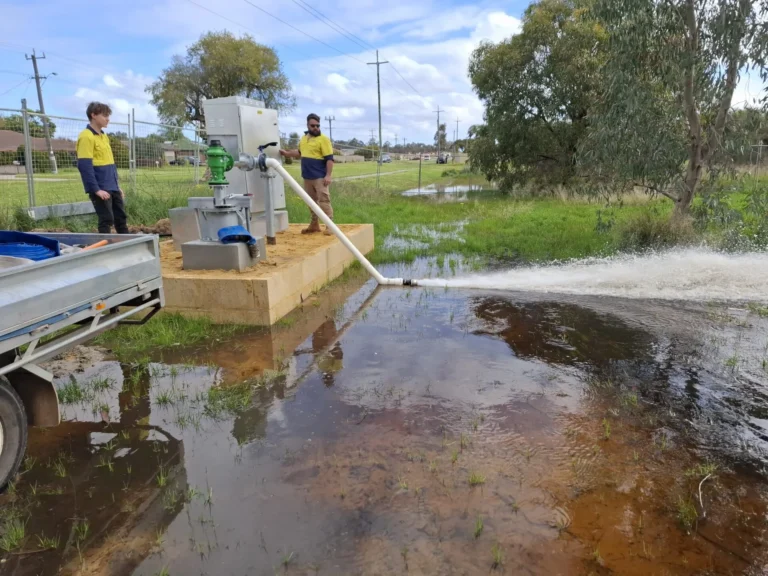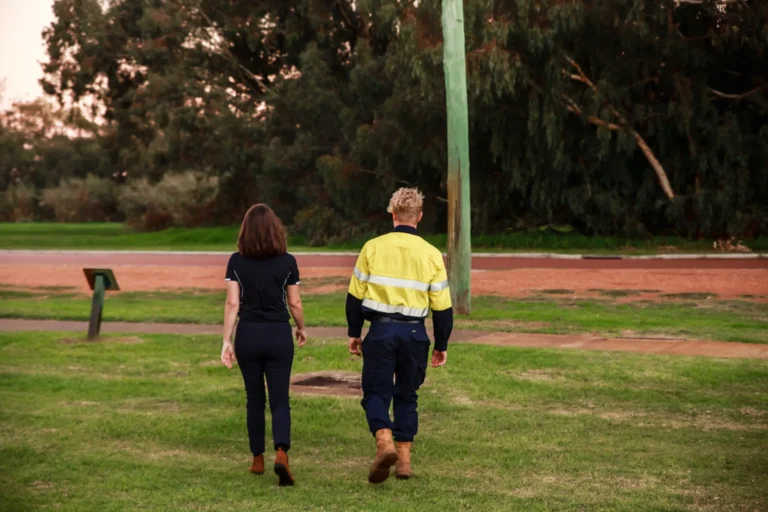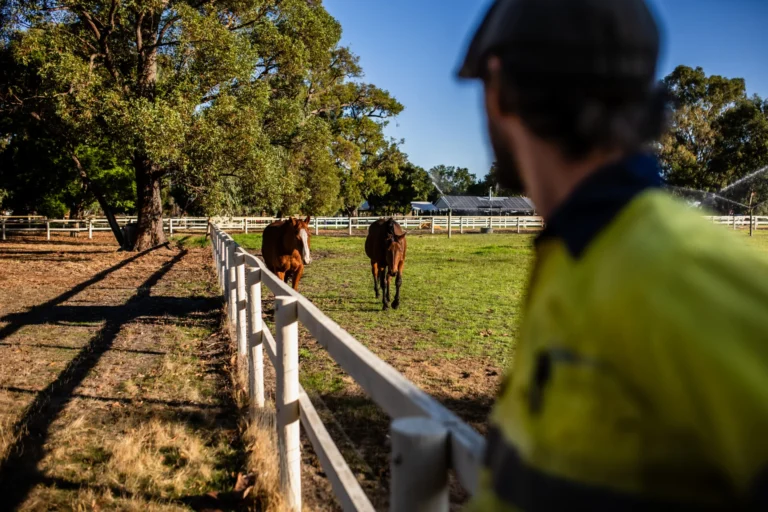Installing a water bore is one of the smartest ways to secure a reliable, long-term water supply – especially in Western Australia’s dry climate. But there’s a catch: without strict attention to bore water compliance, even the best-drilled bore can become a costly liability.
Mistakes around permits, positioning, or depth can lead to serious issues, from regulatory fines to having a bore permanently shut down. That’s why it’s essential to understand compliance before drilling begins.
Here’s how to avoid the most common (and expensive) compliance pitfalls when installing a water bore:
Why Bore Water Compliance Matters
Bores in Western Australia are regulated by the Department of Water and Environmental Regulation (DWER). Whether for residential, agricultural, or commercial use, bore construction and water abstraction must align with DWER’s environmental and legislative requirements.
Compliance is about more than ticking a box – it’s about securing long-term access to groundwater while protecting the environment. Failure to meet compliance can lead to delays, water bore shutdowns, or enforcement actions.
BD Water offers a fully integrated service model that includes bore design, drilling, licensing, and ongoing compliance management – ensuring nothing falls through the cracks.
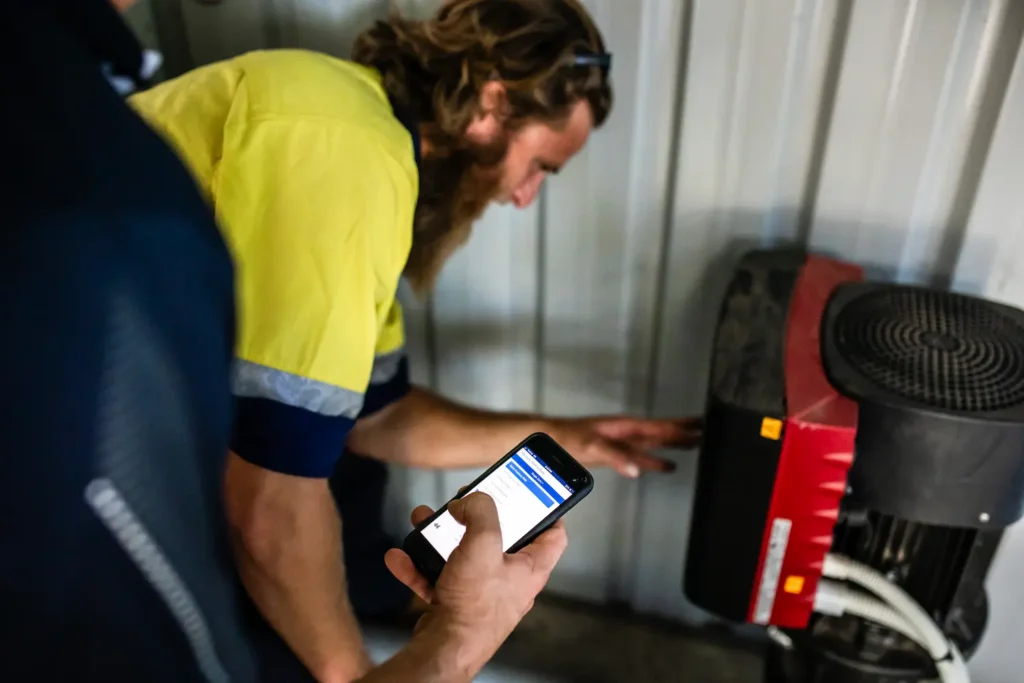
DWER Licensing: Why It’s the First Step, Not the Last
Many property owners mistakenly believe bore installation is as simple as choosing a spot and drilling. In reality, most areas of coastal WA (from the Perth Hills line into the coast) fall within proclaimed groundwater areas, which means DWER licensing is mandatory.
Before any drilling occurs, the following are typically required:
- A 26D Licence to Construct or Alter a Bore
- A 5C Licence to Take Water
These licenses ensure that bore placement, depth, and water extraction volumes meet environmental regulations. Skipping this step risks significant penalties and potential bore decommissioning.
A professional bore service provider, such as BD Water, handles these applications and liaises with DWER on behalf of clients, preventing unnecessary delays or rejections.
Misjudging the Water Table Can Lead to Major Bore Water Problems
One of the most avoidable errors in bore installation is an inaccurate calculation of groundwater levels. Misjudging the water table or aquifer depth can result in:
- Bores that underperform or run dry
- Over-extraction that damages aquifers
- Pumps being installed at the wrong depth, reducing efficiency and lifespan.
- Bores being constructed to the wrong aquifer, significantly impacting the environment, which may lead to penalties.
To avoid these bore water problems, providers like BD Water rely on a mix of geological mapping, hydrogeological data, and insights from existing nearby bores. This ensures accurate planning and a higher likelihood of consistent, long-term water access.
3. Solar-Powered Pumps
Solar-powered pumps are eco-friendly. They are also useful for large properties where the system requires power in different points that are large distances apart (running power cables over multiple kms is very expensive, solar becomes a better solution). They use solar panels to generate the energy needed to pump water. These pumps are gaining popularity in areas with abundant sunlight and limited access to electricity.
Best For:
- Remote locations or off-grid irrigation systems.
- Farmers looking to reduce energy costs.
Advantages:
- Sustainable and environmentally friendly.
- Minimal operating costs after installation.
- Ideal for regions with high solar exposure.
BD Water offers innovative solar-powered solutions, helping you combine efficiency with sustainability to reduce your energy costs over time.
Using Unqualified Contractors Increases the Risk of Non-Compliance
Going with a low-cost driller might be tempting, but doing so without checking qualifications is a significant risk. Operators who do not properly understand WA’s compliance laws may drill in restricted areas, fail to meet DWER guidelines, or skip necessary paperwork altogether.
The consequences? The bore might be deemed illegal, rendering it unusable and potentially leading to costly remediation, and potentially reducing property value.
Engaging a provider with experience in bore water compliance eliminates these risks. BD Water, for example, operates under strict regulatory standards and ensures all drilling is fully compliant from the outset.
Poor Bore Placement Creates Long-Term Compliance Issues
Another common mistake is siting a bore too close to structures, septic systems, or environmentally sensitive areas. DWER and local councils often have specific setback requirements, including:
- Minimum distance from property boundaries
- Minimum clearance from wastewater systems
- Exclusion zones near wetlands or rivers
Failing to adhere to these rules can lead to project rejection or forced relocation (that is, decommissioning the existing bore and constructing a new one) of the bore post-installation.
A licensed provider will assess the site layout before drilling and advise on the most compliant and effective bore placement, helping to avoid future disputes or costly corrections.
Ongoing Reporting and Maintenance are Often Overlooked
Compliance doesn’t stop there, even after a bore is drilled and operational. DWER often requires:
- Annual reporting on water volume extracted
- Water quality monitoring in some cases
- Maintenance to ensure structural integrity
Failure to meet these obligations can result in the suspension of water extraction rights or additional scrutiny from regulators.
BD Water offers long-term compliance management, including reminder systems and reporting assistance, ensuring ongoing obligations are met efficiently and on time.
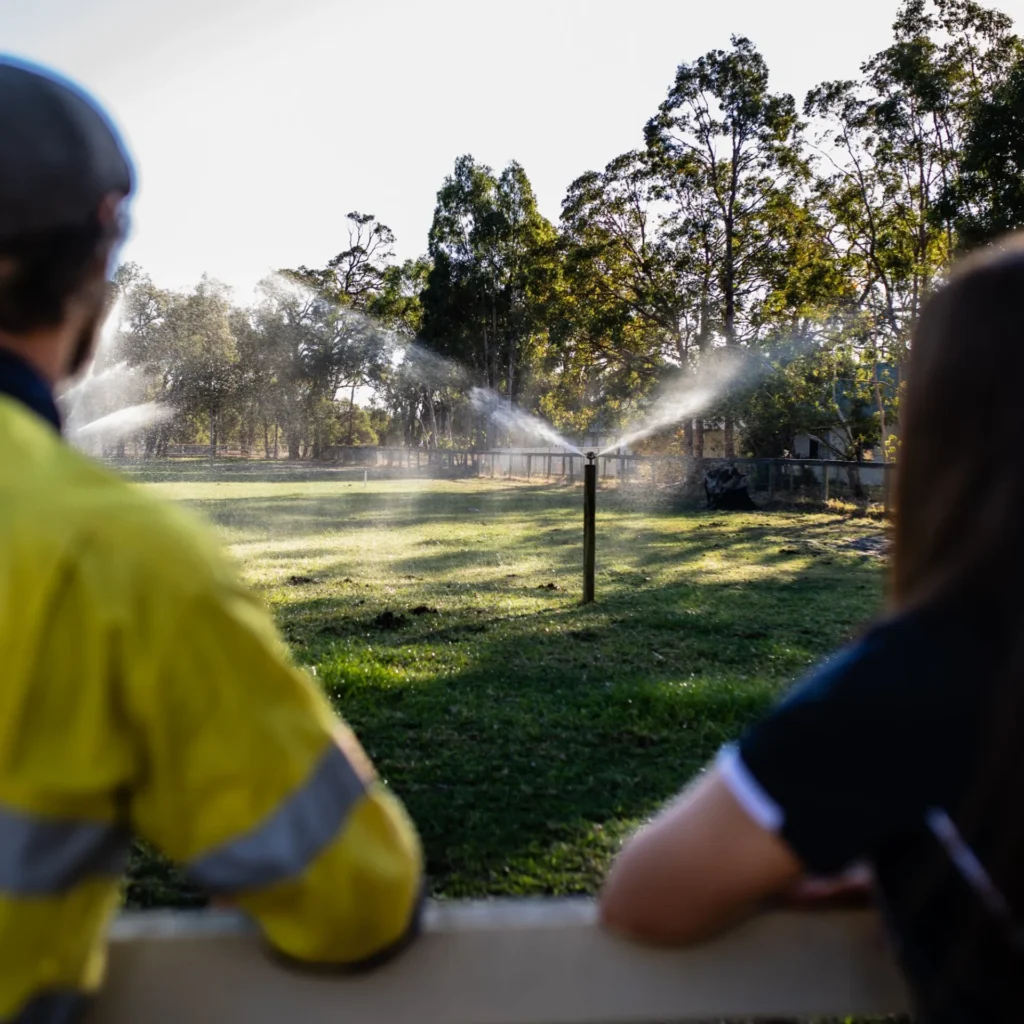
The Advantage of Integrated Compliance Services
roviders like BD Water, who offer integrated water solutions,s bring clarity and efficiency to what can otherwise be a complicated process. Their services cover:
- Site assessments and feasibility studies
- DWER licensing and documentation
- Accurate bore positioning and design
- Compliance audits and reporting assistance
By managing each process stage, these specialists reduce the risk of costly delays and ensure every bore is compliant, functional, and future-ready. ents and tailored recommendations, ensuring you select the perfect pump for your unique needs.
Quick Compliance Checklist for Water Bore Projects
To avoid common pitfalls, consider this essential checklist:
- Determine if the property is in a proclaimed groundwater area
- Apply for DWER licences before drilling
- Use hydrogeological data to plan bore depth and location
- Confirm all local council setback requirements
- Choose a reputable, experienced bore contractor
- Schedule ongoing compliance reporting and bore maintenance
Compliance is Key to Bore Success
Avoiding compliance issues isn’t about doing more work – it’s about doing the right work, in the right order. Mistakes in this area can turn a promising project into a costly, time-consuming mess.
For any property owner, business or developer considering a water bore, partnering with a provider that prioritises bore water compliance and understands WA’s regulatory landscape is critical. With the right expertise, every step – from licensing to installation – can be handled efficiently, ensuring a stress-free, sustainable water source.
To learn more about full-service compliance support, visit: BD Water Compliance Services

